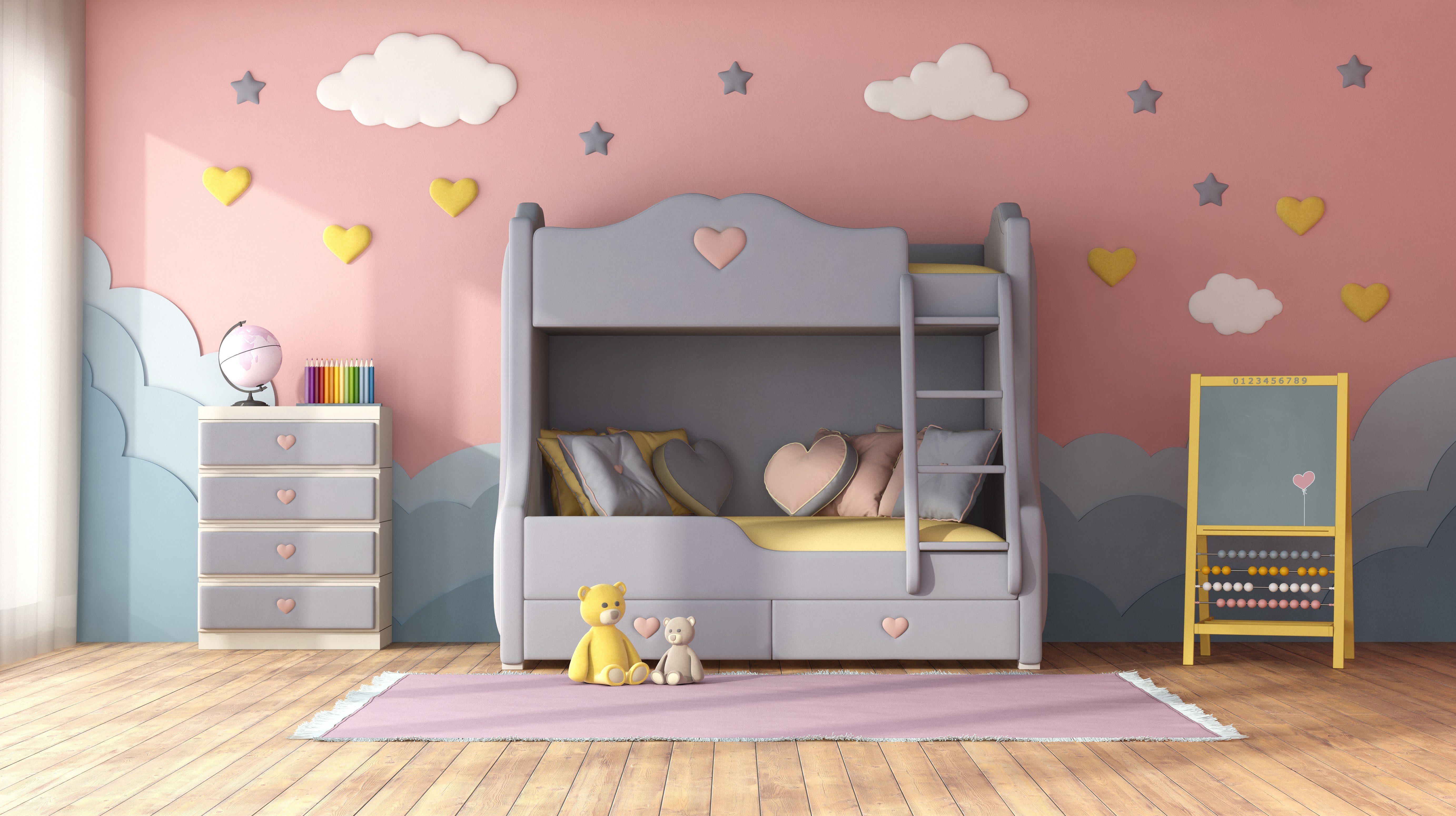The Comprehensive Guide to Bunk Beds House: Maximizing Space and Functionality
Bunk beds are becoming increasingly popular in contemporary households, particularly for those residing in minimal space. Whether in a child's bedroom, a guest space, or even a trip home, bunk beds supply an innovative solution for maximizing space while likewise accommodating multiple sleepers. This article looks into the numerous elements of bunk beds, their design alternatives, advantages, and considerations for maintenance to help anybody thinking about a Bunk beds House bed purchase make a notified choice.
Understanding Bunk Beds
Bunk beds are a kind of bed that features one bed stacked on top of another, generally secured by a ladder or built-in stairs. They are frequently made from wood or metal, with designs varying from traditional to contemporary. Bunk beds are most typically used in children's spaces, guest accommodations, and summer camps, however they can also be a great addition to little apartments or homes.
Types of Bunk Beds
Understanding the ranges of bunk beds can help one choose the right style for one's needs. Here are the typical types:
| Type | Description | Pros | Cons |
|---|---|---|---|
| Standard Bunk | 2 beds stacked on top of each other | Space-saving, traditional design | Limited sleeping capability for adults |
| Loft Bed | A bed raised with open space underneath for a workspace or play location | Offers additional usable space | Not perfect for younger children |
| Futon Bunk | A bed on top, typically with a futon on the bottom | Versatile for sleeping and seating | Less stability compared to conventional bunks |
| L-Shaped Bunk | Two beds organized in an L-shape, often with storage options | Special design, can suit corners | Takes up more space than standard bunk beds |
| Triple Bunk | Three beds arranged vertically or in a special configuration | Maximizes sleeping space | Greater threat of accidents, more complex to make |
Advantages of Bunk Beds
Bunk beds provide various advantages, making them a practical furniture choice for different living spaces. The advantages include:
- Space Efficiency: Perfect for little rooms, they enable more floor space, making it simpler to move around.
- Double Functionality: Especially in the case of loft-style beds, the space beneath can be used for a study area, a play zone, or extra storage.
- Social Interaction: Bunk beds produce a sense of sociability amongst siblings or roommates, promoting sharing and bonding.
- Affordable Sleeping Solution: They provide an economical way to accommodate several guests without the need to invest in extra separate beds.
- Style Variety: With options varying from sleek modern designs to traditional wood structures, there is a bunk bed design to match any decoration.
Essential Considerations for Bunk Beds
While bunk beds provide numerous advantages, there are specific considerations to remember to make sure security and longevity:
- Weight Capacity: Always check the weight limit of the bunk bed to prevent accidents. The majority of standard bunk beds have weight capacities in between 200-400 pounds.
- Product Quality: Opt for long lasting materials such as strong wood or state-of-the-art metal to make sure stability and durability.
- Safety Features: Look for designs with guard rails on the leading bunk and wide ladders. Ensure that the bed feet are stable and safe and secure.
- Age Appropriateness: Young kids ought to not sleep in the leading bunk, as the danger of falling is substantially increased.
- Assembly: Some bunk beds can be complex to assemble. Make sure that good directions are offered, or think about expert assembly.
Maintenance of Bunk Beds
Proper maintenance of bunk beds is important for guaranteeing their comfort and security. Here are some suggestions for maintenance:
- Regular Inspections: Periodically inspect the stability of the bed, making sure all screws and elements are tight and secure.
- Cleaning: Dust the furnishings regularly and clean up any spills immediately to preserve the integrity and look of the beds.
- Bed mattress Care: Rotate bed mattress occasionally to prevent wear and drooping. Consider hypoallergenic mattress protectors for added comfort and tidiness.
- Adjust if Moved: If the bed is relocated, adjust all components to ensure ongoing security and stability.
FAQs about Bunk Beds
Q1: Are bunk beds safe for children?A1: Yes, as long as safety guidelines are abided by. Make sure the top bunk has guardrails, and that children are old sufficient and accountable sufficient to securely utilize the top bunk. Q2: How much weight can a bunk
bed support?A2: Most bunk beds support between 200 to 400 pounds per bed
, however this can vary by style. Always refer to the manufacturer's specifications. Q3: Can adults oversleep bunk beds?A3: Yes, many contemporary bunk beds are
created to accommodate adults, particularly those with reinforced frames. Q4: Do bunk beds require special mattresses?A4: Not necessarily. Standard bed mattress can be used as long as they fit the measurements supplied by the maker. However, services to keep the space uncluttered. Bunk beds offer an excellent service for maximizing space in a home while supplying a trendy and practical sleeping arrangement. Whether for a child's space, a visitor space, or a holiday house, they are a flexible alternative that can accommodate various requirements. By thinking about types, advantages, and proper upkeep, people can make informed decisions, guaranteeing safety and durability in their bunk bed financial investment. With mindful selection, bunk beds can improve both comfort and visual appeal in any room.
consider utilizing thinner mattresses for the top bunk to guarantee security clearance. Q5: How can I optimize space in a space with bunk beds?A5: Use the area below for storage or desks, and consider integrating vertical storage








